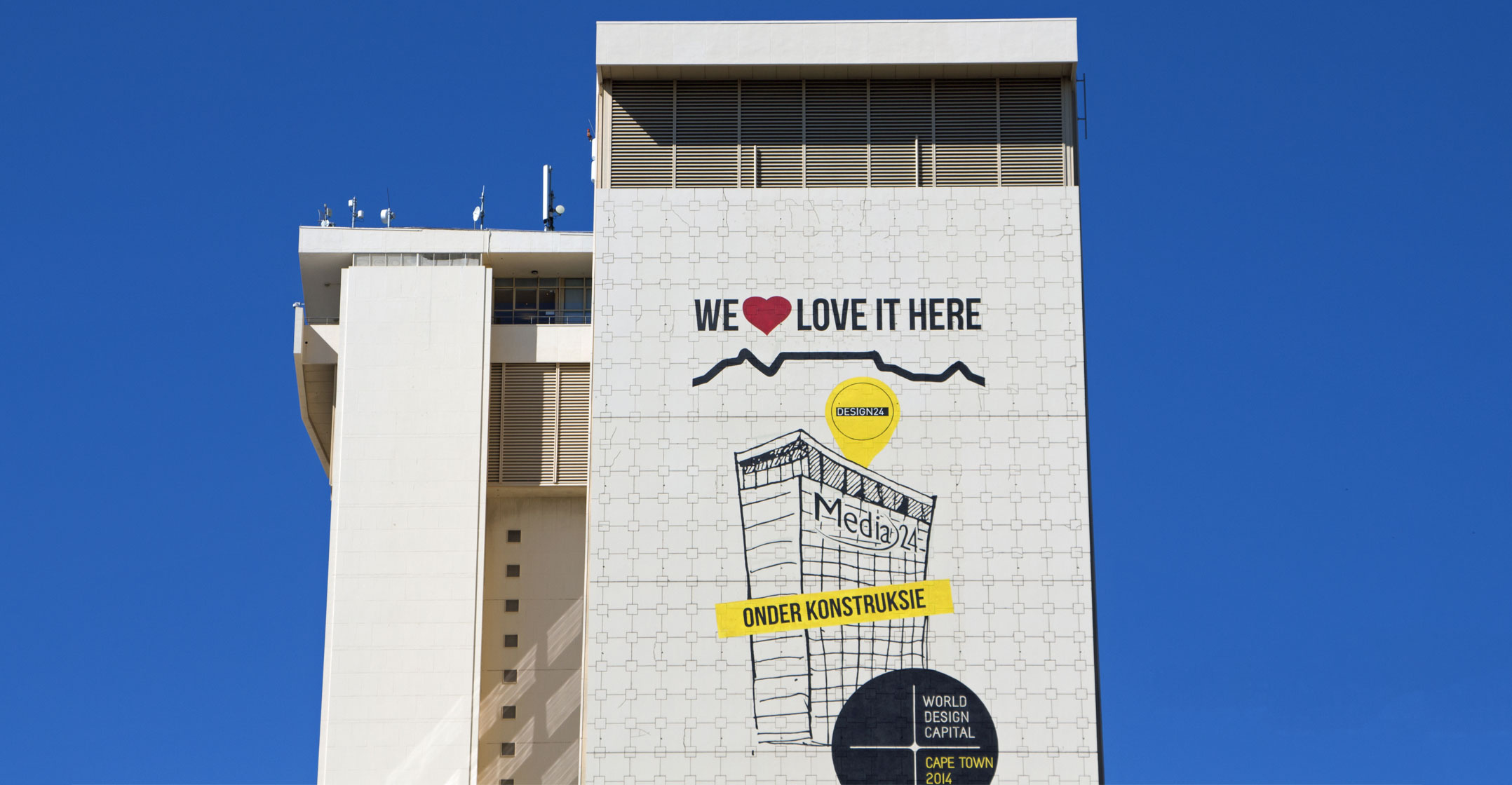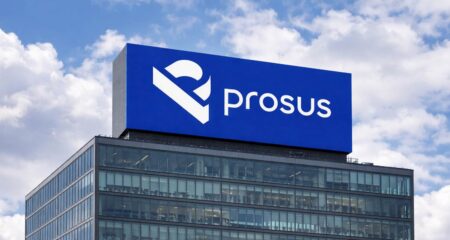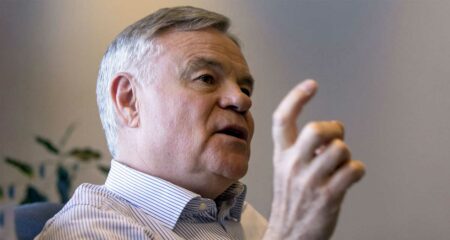
Naspers should buy back its own shares to take advantage of the discount between Africa’s biggest company and its stake in Chinese Internet giant Tencent, according to veteran emerging markets investor Mark Mobius.
That would be a better use of funds than the Cape Town-based company’s current strategy of buying global e-commerce businesses, the chairman of Templeton Emerging Markets Group, an investor in Naspers, said in an interview on Tuesday.
“While we like Naspers, we would like to see them be more careful with capital investment,” Mobius, 81, said in Johannesburg. “I realise they want to acquire companies around the world, but at this point in time it would be better for them to buy their own shares. They are selling at a discount.”
Naspers has piggybacked on Tencent to become Africa’s biggest company by market value and one of the world’s largest investors in e-commerce ventures from Mail.ru in Russia to iFood in Brazil. Its 33% stake in Shenzhen-based WeChat creator Tencent, bought for US$32m in 2001, is now worth $142bn, while Naspers itself is valued at about $102bn. Naspers is also Africa’s largest pay-television provider.
“We can buy Naspers cheaper than we can buy Tencent,” Mobius said. “If you buy Naspers, you get an Africa satellite TV business for free and you are buying this big Internet company Tencent at a discount. If you have a choice to buy Tencent or Naspers, you better buy Naspers.”
Internet acquisitions
Mobius’s call clashes with the strategy adopted by CEO Bob van Dijk, who has been pursuing Internet technology acquisitions since taking the helm from chairman Koos Bekker in 2014.
Last month, the company agreed to pay €660m to boost its stake in German food provider Delivery Hero, while Van Dijk said in an August interview that the valuation gap would narrow as Naspers’s e-commerce division moved closer to break even.
“Maybe if the Internet space crashes — yes, then start buying,” Mobius said. “But the situation right now is that all the Internet companies are very pricey.”
Templeton Emerging Markets Group, based in Hong Kong, has about $29bn under management, of which about 3% is in Africa and 1.7% in South Africa, according to Mobius. — Reported by Loni Prinsloo and John Bowker, (c) 2017 Bloomberg LP




